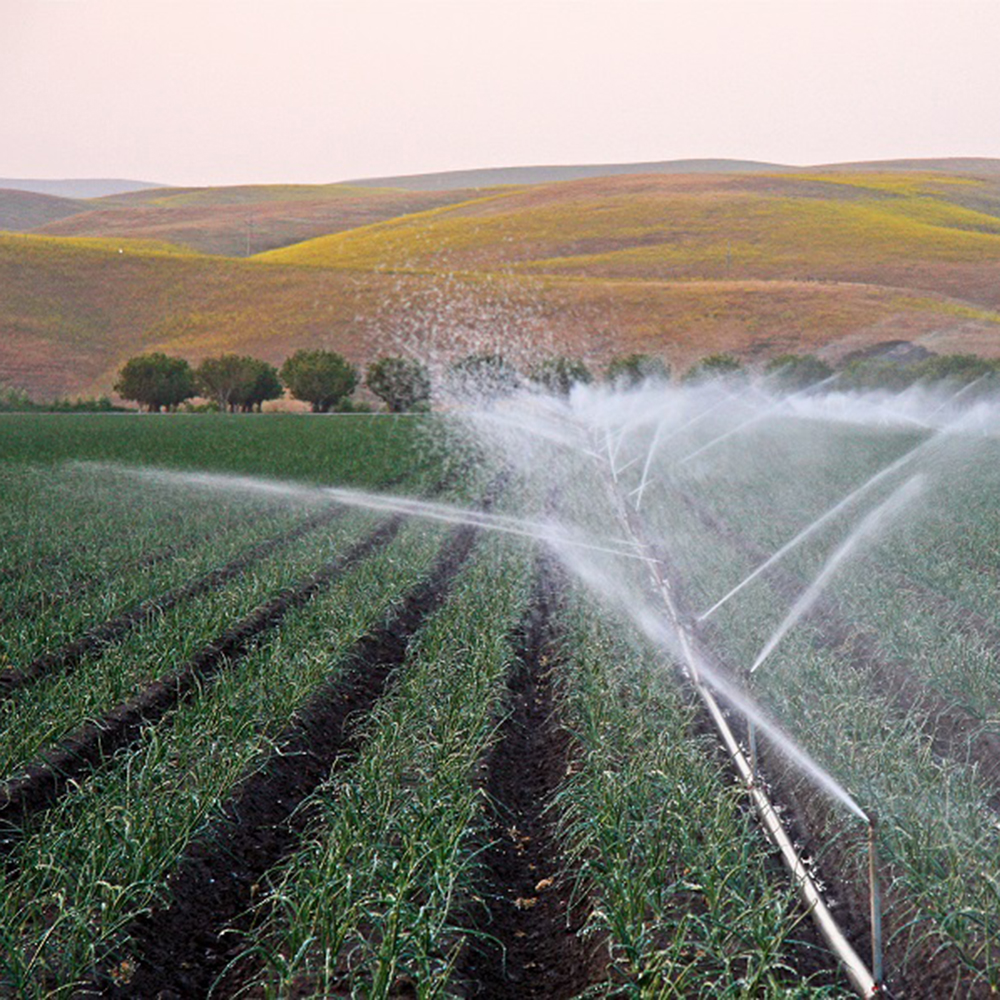In 2018, the voters of California supported Proposition 12 as an animal welfare measure that would ban the sale of pork in their state harvested from animals housed in pens smaller than 24 square feet.
Prop 12 went into effect on Jan. 1, effectively forcing pork producers in the United States to adhere to the animal penning requirements for California – regardless of where they raise their hogs.
The U.S. Supreme Court recently heard oral arguments in National Pork Producers Council v. Ross. The National Pork Producers Council (NPPC) contends Prop 12 is unconstitutional. Prop 12 supporters say pork producers can choose not to adopt the requirements of the law and not sell their product in the state of California.
The oral arguments focused on the interpretation of the “dormant commerce clause” which is described as “prevent[ing] the States from adopting protectionist measures and thus preserv[ing] a national market for goods and services.” The description goes on to read:
The Supreme Court has identified two principles that animate its modern dormant Commerce Clause analysis. First, subject to certain exceptions, states may not discriminate against interstate commerce. Second, states may not take actions that are facially neutral but unduly burden interstate commerce.
If the litmus test for Prop 12 is whether it imposes an undue burden on interstate commerce, then the case comes down to numbers.
California produces less than 1 percent of all pork products in the United States but Californians eat approximately 13 percent of the nation’s pork supply. With most of California’s pork coming from outside its borders, imposing California’s animal welfare policy on everyone else is a concern.
Prop 12 proponents argued the costs to consumers and producers would be minimal. However, a neutral brief filed by agricultural and resource economics professors found that California consumers would almost certainly pay more for pork products and producers would suffer economic harm. A 2,500-sow farm would incur up to $9.5 million in additional costs to comply, raising the cost of food in all states to meet the mandates of Prop 12.
The cornerstone of successful commerce in the U.S. is the ability to do business nationwide without burdensome regulation from individual states. Whether the argument hinges on the dormant commerce clause or simply keeping the food supply chain working, the real problem with laws like Prop 12 is implementation is not considered ahead of time. Whether a state wants to change penning requirements for hogs or something else, understanding the national implications of what is being brought to the table matters.
If Prop 12 is upheld by the Supreme Court, every state could start to enact all sorts of restrictions on how food is produced and force other states to comply or opt out, making farming more difficult and food supplies harder to secure.
More important, however, it would break our national economy into 50 different economies and destroy a policy that is the source of our country’s prosperity: the ability of Americans to buy and trade freely within their own country.
Pam Lewison is a farmer, Pacific Research Institute fellow, and director of the Washington Policy Center’s Initiative on Agriculture.

